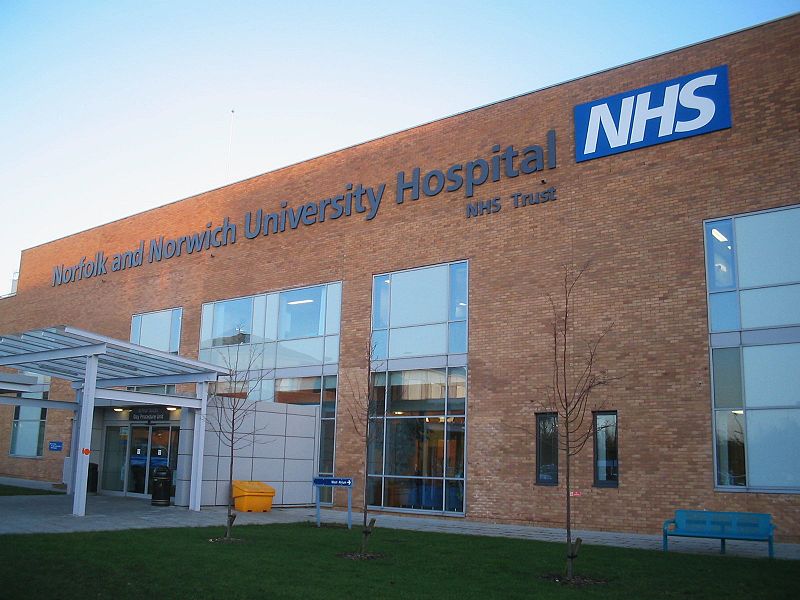
Junior doctors begin their lengthiest strike in NHS history, initiating a six-day walkout amid criticism of impacting over 200,000 appointments. The strike coincides with a surge in healthcare
demand, posing the NHS's "toughest challenge yet."
At a time when winter viruses and delayed health seeking during holidays strain NHS services, the strike's timing has sparked public concern. Health leaders urge vulnerable individuals to take precautions amidst the aftermath of Storm Henk.
Government officials implore union leaders to resume negotiations, decrying the strikes as an act of cruelty. The strike heightens the ongoing dispute over salaries, with the British Medical Association (BMA) advocating for a substantial 35% pay raise for medics. Despite government offers, the BMA remains resolute, rejecting compromises in their pursuit of full pay restoration.
The strikes, marking the 29th day of industrial action since March, come amid escalated tensions over the erosion of junior doctors' real-term pay. However, criticism mounts against striking medics for jeopardizing patient care and influencing NHS services during this critical period.
As the walkouts commence, NHS leaders express deep concerns about the impact on the elderly and patients in need of urgent care. Amidst these challenges, the striking medics emphasize the necessity of such actions to pressure the government for adequate responses to the workforce crisis within the healthcare sector.
Meanwhile, discussions remain deadlocked between the BMA and the Government, as both sides grapple with the impasse over pay restoration. The strikes pose a significant challenge to the NHS, emphasizing the urgency for a resolution to safeguard patient care and address the workforce crisis effectively. Photo by Wikimedia commons.




































